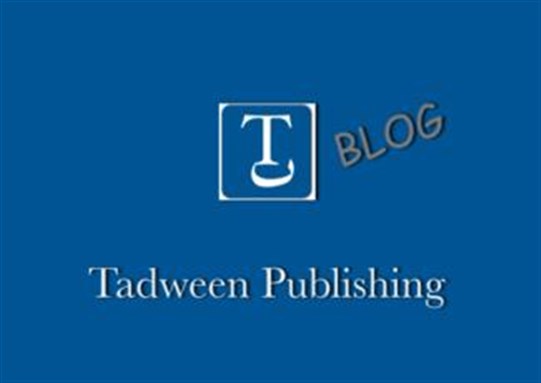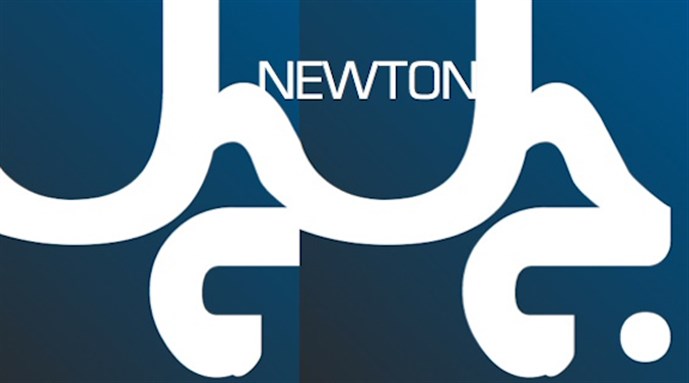[The following article was originally published on Tadween Publishing`s blog. For more information on the publishing world as it relates to pedagogy and knowledge production, follow Tadween Publishing on Facebook and Twitter.]
Tadween recently interviewed David Hirsch, librarian for Middle Eastern Studies at the University of California, Los Angles, about the Tahrir Documents, a project which collected and translated material from the protests at Tahrir Square in Cairo. This interview is part of Tadween’s new campaign to highlight the role of universities in knowledge production and preservation.
Tadween (T): Tell us about your project?
David Hirsch (DH): The Tahrir Documents collection, held at UCLA, started as a website run by four volunteer graduate students in the aftermath of the 2011 uprising in Egypt. These students collected, translated, scanned, and posted online approximately seven hundred documents in a variety of formats (leaflets, newsletters, letters, broadsides, etc.) found in and around Tahrir Square, both during the days of the uprising and the many gatherings that continued to occur over the course of the following year. A wide variety of political and grassroots organizations as well as individuals are represented.
The project in its original form can be accessed at www.tahrirdocuments.org. The UCLA Library became involved in the project in spring 2012, when the founders of the Tahrir Documents project were seeking a permanent home for their physical and digital archive of documents. The physical documents are now held in UCLA Library Special Collections, and the digital materials are now available on the Tahrir Square Collection website.
T: What do you hope to accomplish with this project?
DH: During the 25 January 2011 uprising, international press rushed to acclaim several social media platforms as essential tools for protest planning and organizing. The events of late January and early February were thus branded “Revolution 2.0,” the “Facebook Revolution,” the “Twitter Revolution,” and so on. Yet this overestimation of social media obscures the persistence of print throughout the Egyptian revolution and its aftermath, and those voices attempting to be heard—and often for the first time—through leaflets, broadsides, and underground newspapers.
The texts included in the Tahrir Documents archive are evidence of a level of political discourse more articulate and diverse than that available in tweets or Facebook posts. Although these flyers, statements, and other documents are as ephemeral as some social media, their hard copy format complements and adds to the sound bites that were made available in media coverage of the uprising. Additionally, the materials offer a glimpse into the multi-faceted political situation in Egypt in the aftermath of Mubarak’s fall.
A small group from among the initial Tahrir Documents volunteers has already demonstrated how researchers who are interested in the events of 2011 in Egypt can use this material. This group presented a panel at last year’s MESA (Middle East Studies Association) annual meeting, basing all of their papers on materials found in the Tahrir Documents collection.
T: How will this material be stored and will it be accessible to the public?
DH: The physical documents are held in the Department of Special Collections at the Charles E. Young Research Library, while the digital materials will be hosted on the UCLA digital library’s website.
T: In your words, what is the importance and value in collecting such material?
DH: Ephemera such as these would otherwise quite literally be lost underfoot in the aftermath of the gatherings in Tahrir Square. Due to the variety of groups involved in handing out the papers collected, the Tahrir Documents project is able to provide a fuller picture of the variety of political discourse that went on during the uprising—despite the fact that many of the groups that were involved in the uprising did not end up being represented in the newly-formed Egyptian government.
T: Aside from submissions, are you actively seeking out material? Tell us more about the process of collecting.
DH: The Tahrir Documents project ended in the winter of 2012, so that particular collection does not hold any materials from after that period. We have also received some subsequent materials relating to the presidential elections of 2012. In addition, a new group of graduate students now living in Cairo have expressed interest in starting a new collection and translation project in the aftermath of the recent events on June 30th. Egyptians have taken to the streets again in droves, and similar paper discourse has again made an appearance. We would be pleased to add new materials to the collection, although the Tahrir Documents project itself is somewhat of a closed corpus due to the related digital material (the translations hosted online and the metadata, for instance).
T: Are you working on any other projects at the moment that you would like to share with us?
DH: We are hoping to collect similar materials relating to the current unrest in Syria and Turkey. We would welcome materials from other areas in the region as well.
The UCLA Library is actively engaged in preserving the historical and scholarly record for use in teaching and research. If you are interested in contributing additional materials relating to the current situation in Egypt or other countries in the region, please contact David Hirsch, librarian for Middle Eastern Studies, at dhirsch@library.ucla.edu

![Now Available at Tadween Publishing in Partnership with Tadamun: "Planning [in] Justice العدالة في التخطيط"](https://kms.jadaliyya.com/Images/135x94xo/covers210326041535580~.png)














